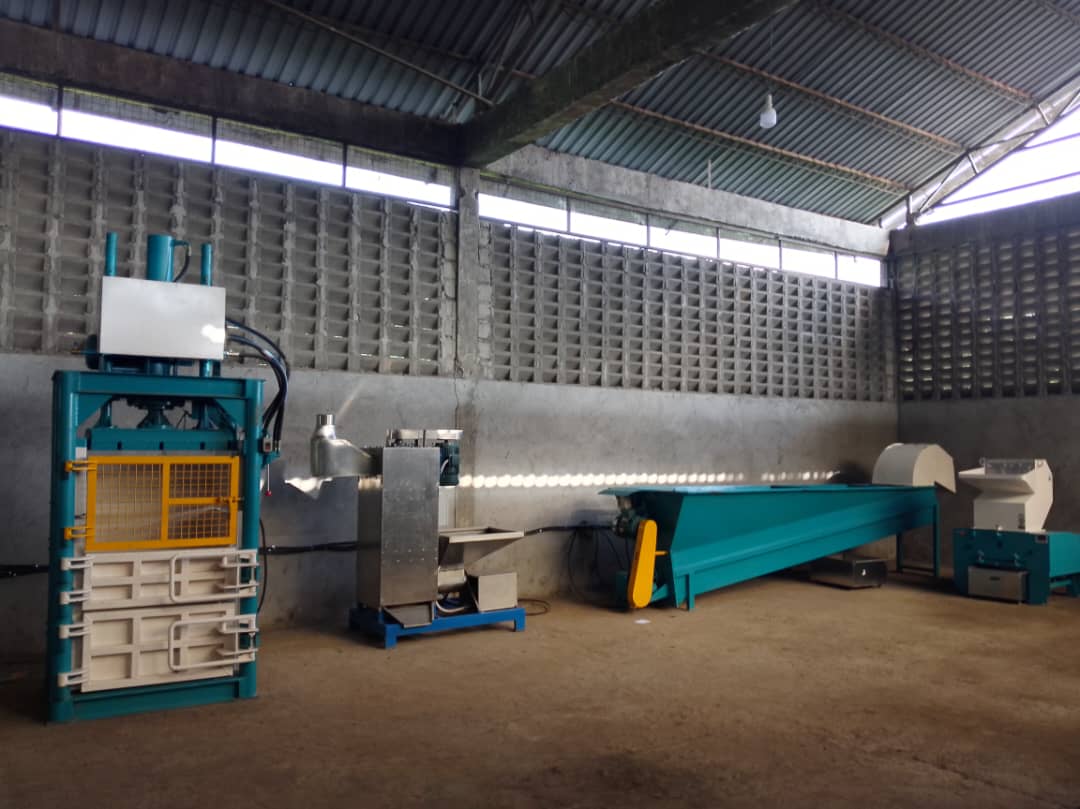Recycle and Green Arua
Recycle and Green Arua

In 2022, Arua City, was selected as a grantee of the Global Cities Fund for Migrants and Refugees (GCF), the Mayors Migration Council (MMC)’s instrument to channel international funding directly to cities to implement inclusive projects of their own design.
Project Goals
- Increase vegetation in public spaces and properties, including schools and health centres
- Establish Arua’s first city Plastic Waste Recycling Plant, which will employ both migrants, refugees, and long-standing Ugandan residents of Arua
- Educate the broader population on environmental stewardship, recycling practices, and avoiding harmful waste management behavior.
Background
Arua City bordering Democratic Republic of Congo and being in close proximity to Republic of South Sudan borders, has played host to a substantial number of refugees over the years. The city sits between three refugee settlements of; Adjumani, Bidi Bidi and Imvepi, which are among the largest settlement areas in the country, hosting approximately 178,481 refugees alongside a host community of about 891,7001 people. These refugees predominantly come from South Sudan and the Democratic Republic of Congo, fleeing due to conflicts and instability in their home countries. Given the freedom of movement permitted within Uganda's refugee model, some refugees opt to settle in urban regions instead of designated settlements, while others commute between settlements and urban areas. Besides the refugees, Arua City also attracts many rural migrants seeking economic opportunities that have diminished in agricultural areas in recent years due to climate change. The presence of these migrants in and around Arua has considerable implications for the city and its resources.
Arua’s waste management system and the environmental awareness of residents have not kept pace with the city’s growth, resulting in a rise in the volume of solid waste. Without practical disposal options, unrecycled waste, especially PET plastics, are clogging drainage ditches and contaminating the environment.
Impact
Plastic Recycling Plant

Arua City has established the country’s first city-led solar powered Plastic Recycling Plant on the premises of its existing composting plant at Euata. The project will supply solar energy for both recycling and composting operations.
Once the Operational setup is completed, the Plant will employ at least 4 Plant Operators, 12 Plastic Sorters and 420 Community Group members as Plastic pickers. These operations are meant to serve at least ten percent of Arua’s households.

Secondary Plastic Banks
In order to feed the Plastic Recycling Plant and to rid the environment of plastics, 85 secondary plastic banks have been installed across the City.
Institutional Greening

Through its GCF project, Arua City hired eight migrants, refugees, and marginalized community members to lead Environmental Clubs in 35 Public schools and 5 Public Health Centres across the city. Over 1,500 students from these clubs planted indigenous and climate-adapted tree species at these institutions.
Institutional Capacity Strengthening
Through the Project, Arua City acquired a Drone to aid joint monitoring and supervision of projects by both Political and Technical leaders. Additionally 5 laptops, 4 Tablet Computers and 1 colored printer (up to A3) were acquired to facilitate data collection and information dissemination to City stakeholders.
Key Messages for Greener and Cleaner City
The City has designed Key messages in multiple formats and languages to instill a positive culture among its residents, visitors and business community in order to promote a greener and cleaner City. Download the Key Messages below: